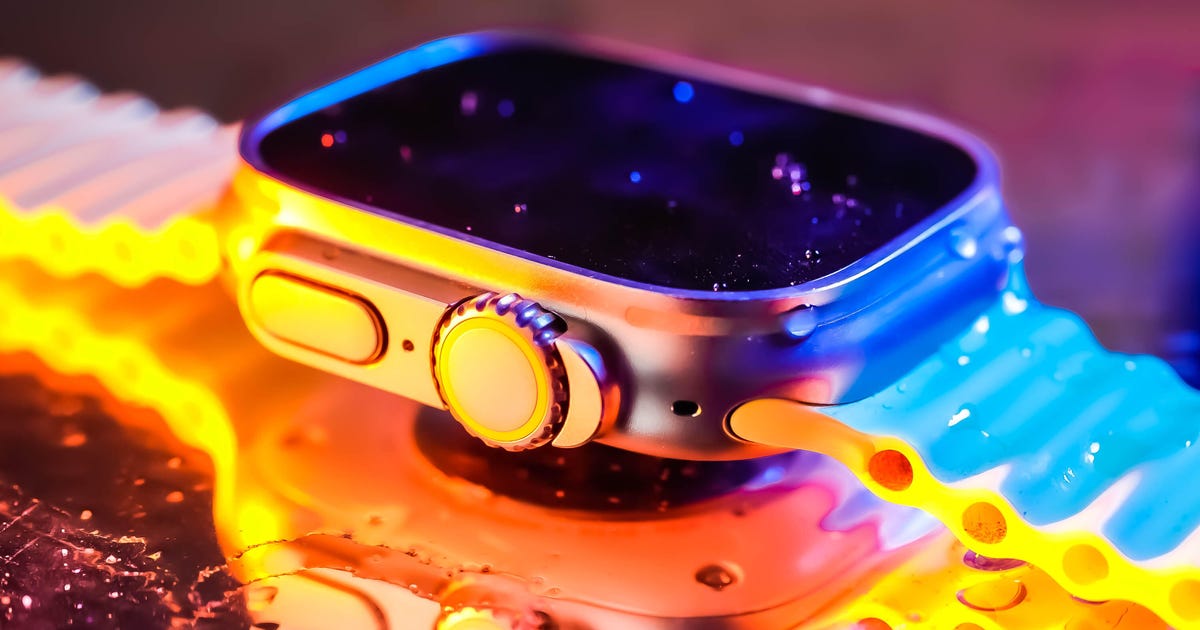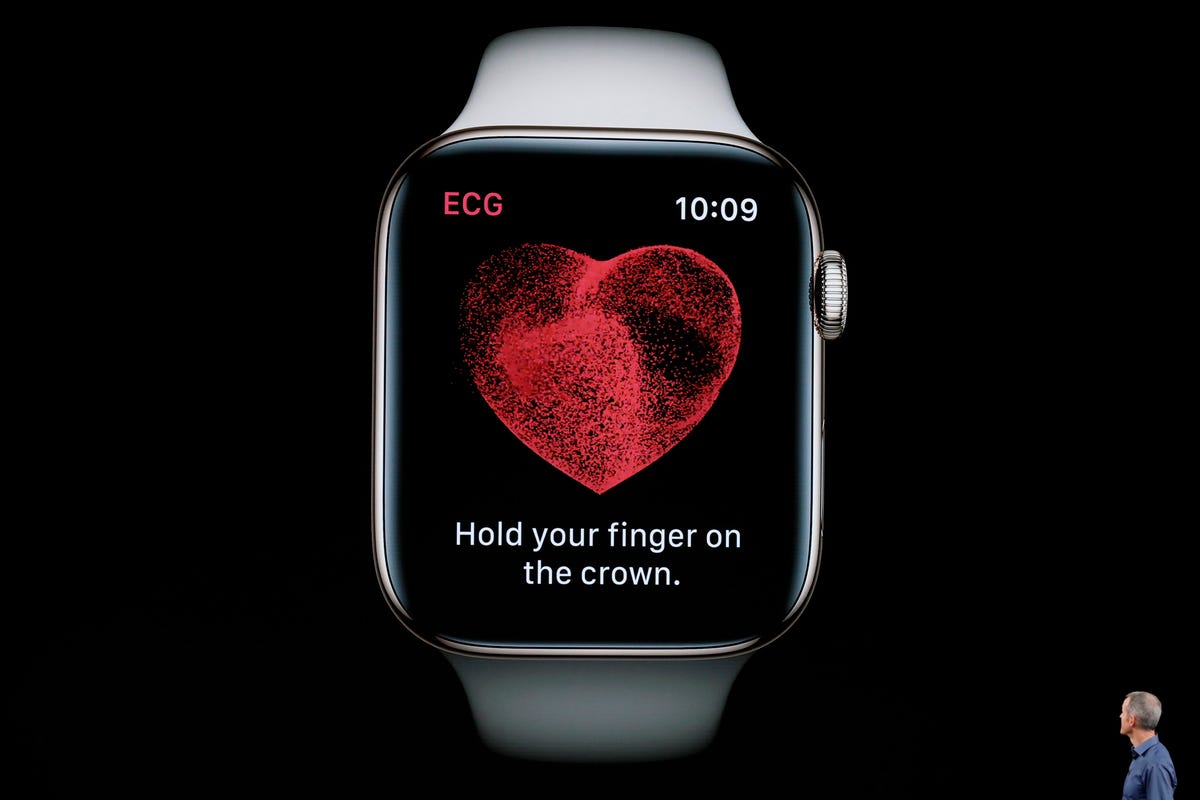
This story is part of Focal Point iPhone 2022, CNET’s collection of news, tips and advice around Apple’s most popular product.
It happened to Chuck Noland when the airplane he was on one Christmas Eve was caught in a terrible storm and crashed into the ocean, leaving him as the only survivor. For four years, he was stuck, alone, on an island. If he’d had Apple’s iPhone 14, he may have been able to signal for help from a satellite orbiting many miles above.
Noland is a fictional character, played by Tom Hanks in the hit 2000 survival movie Cast Away. But the iPhone 14 is very much real.
Over the past couple weeks, Apple’s released its newest iPhones and Apple Watches, all built with a series of features to make people feel more safe. This year, the devices are designed to track as you’re diving in the ocean, hiking off the grid or doing more mundane tasks like looking for a friend in a crowd or driving home from school. Among them, car crash detection and a way to use satellites to call for help even when you don’t have cell service.
“These products have become essential in our lives,” Apple CEO Tim Cook said when announcing the devices earlier this month. As if to emphasize the point, company executives repeated the word “essential” nearly a dozen times while showing off its newest products. “They’re always with you, useful wherever and whenever you need them, and are designed to work seamlessly together on their own.”
These features may seem extreme — how often do you go exploring desolate deserts? — but they add to a sense of trust Apple’s hoping to forge. At a time when much of our collective faith in the tech industry has been shaken by seemingly endless privacy breaches, political controversies and bald-face lies from tech executives, the very idea that Apple wants us to trust it even more may seem silly. And Apple’s marketing around saving our lives may come off as overwrought.
Read more: CNET’s iPhone 14 Pro and 14 Pro Max Review
If we’re not reckoning with the tech industry’s power in our lives, we’re debating whether we’ve become too dependent on it all. It’s gotten so bad that some people regularly go on “digital detoxes,” seeking out vacation spots beyond the signals of cellular carriers, in hopes of disconnecting from the seeming nonstop pace of modern life.
But the iPhone maker is charting a path by leaning on its health and safety features, alongside a growing list of privacy enhancements so effective they’ve frustrated advertisers, law enforcement and other tech companies.
“Apple’s developing this concept of personal safety, and bringing it to a whole new level,” said Tim Bajarin, an analyst with Creative Strategies. He added that Apple’s competitors will likely try to replicate Apple’s safety features too, but the tech giant’s larger approach to security, privacy and now personal safety will help it stand out. “Fundamentally, they’re saying, ‘Look, we’re going to look out for you, we’ve got your back.'”

The Apple Watch has been credited with warning many people of previously undetected heart conditions.
Apple
Increasing safety
Though Apple’s still adding new safety features to its devices, it’s been focused on these ideas for many years.
In 2017, Apple added an optional feature to the Apple Watch to detect abnormal heartbeats, something that many customers have since said warned them of health issues before a potential heart attack or stroke. In 2018, the company added fall detection for the Apple Watch, which calls emergency contacts and the authorities if you don’t respond that you’re OK after a tumble. That too has gone on to save lives.
While new features like crash detection and satellite calls for help may be designed for Apple’s latest iPhone, the company appears to be trying to add safety technology to older devices as well. With its free iOS 16 software update for iPhones and iPads later this month, Apple will include Safety Check to help domestic violence victims more easily escape abusive situations. It’s also adding Lockdown Mode, meant to restrict iPhone communication features to protect the owner from a potential hacking attack.
It doesn’t take much to imagine how Apple’s new satellite functionality will help people in an emergency. There are people like Aaron Ralston, a hiker and rock climber who in 2003 got stuck for days in Utah’s Canyonlands National Park without a phone or any other way to call for help.
Read more: Apple Watch Ultra Review, “The Most Exciting Watch in Years”
What will set Apple apart, industry watchers say, is that creating these technologies required complex interplay of software, sensors and infrastructure like enough satellites in the sky for it to work.
Apple said it worked with first responders to develop its emergency satellite feature, asking users questions about whether they’ve been hurt and how badly to more efficiently relay information to people getting help. It also had to build relay stations to call 911 in places where emergency operators don’t accept text messages.
“It took years to make this vision a reality through game changing hardware software and infrastructure innovation,” Ashley Williams, a manager of satellite modeling and simulation at Apple, said when announcing the new functionality.
Though no other tech companies currently offer a similar feature, T-Mobile and SpaceX have announced plans to offer similar technologies in the next couple years as well. Verizon has a similar partnership with Amazon’s Project Kuiper. Analysts say more are likely on the way.
Growing trend
As Apple passes its 15th year making iPhones, one of the toughest challenges it faces is how to reinvent the supercomputer in our pockets. Sure, the company can make the device work faster, and improves the camera each year, but what more can it do?
Longtime Apple watchers say this year’s Apple Watch and iPhone may hold the key. “They’re trying to figure out the real issues that real people are struggling with,” said Maribel Lopez, an analyst at Lopez Research.
“Some of the features were for everybody, and some of them were for very specific people,” she added. But they all revolved around solving longstanding problems, like what to do when cellular service isn’t working, in addition to basic stuff like making the devices less likely to break when we drop them. “We’re in a world where people just want to go out the door with their phone or their watch and not worry about it.”
